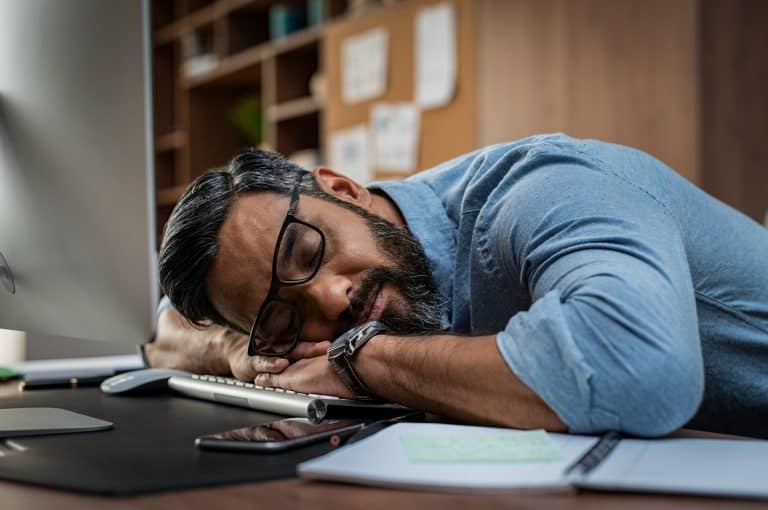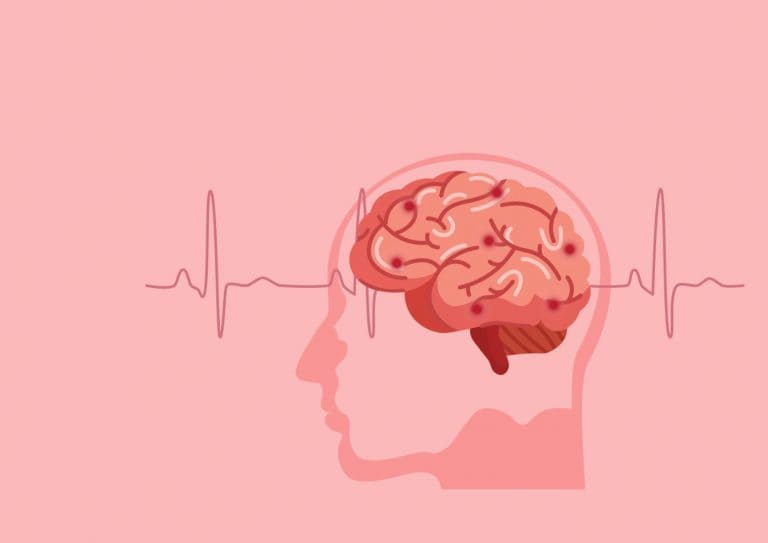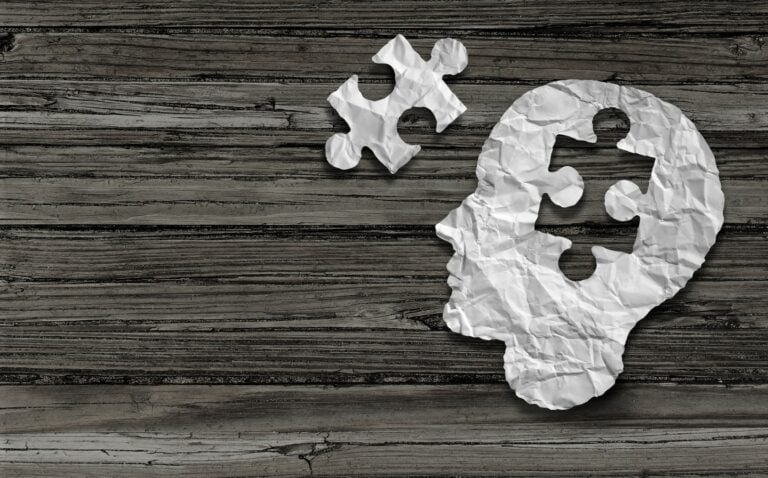Read on to learn about the signs and symptoms of concussions, including the difference between concussion and mild traumatic brain injury. We also cover some tips on how to keep yourself safe so you can reduce the risk of a head injury.
Signs and symptoms of a concussion
Some bumps, hits, blows or jolts to the head may not lead to concussion. There are some symptoms of minor head injuries that you can treat at home without seeing a doctor, including:
- A headache that goes away on its own or with painkillers
- Feelings of nausea
- Slight dizziness or the feeling of being dazed
However, if your symptoms are any worse than this, or if they don’t go away after a few days, you may have a concussion. Keep in mind that some problems may not show up for a few days or weeks after you’ve suffered a head injury. Likewise, some symptoms could be very subtle, making it difficult to identify whether or not you have a concussion. In both cases, it’s important to monitor your body and behaviour in the days after the incident.
Some typical signs and symptoms of a concussion include:
- Headaches that don’t go away after taking painkillers
- Dizziness, clumsiness or problems with balance
- Feeling nauseous or vomiting
- Extreme tiredness or struggling to stay awake
- Memory loss, particularly of events that happened immediately before or after the injury
- Feeling stunned, dazed or confused
- Intolerance to loud noises
- Changes in your vision, including blurred vision and sensitivity to light
- Unusual behaviour, including mood swings
- Being knocked out during the head injury
The above are symptoms typically specific to concussions. If you’ve had a knock to the head, you may want to find out more about the signs and symptoms of a brain injury for general information.
How to prevent concussion
Concussions aren’t usually life threatening, but repeated blows to the head – or, indeed, repeated concussions – can cause serious problems, so it’s important to avoid head injuries as much as possible.
There’s no guaranteed way to prevent concussion, but there are some precautions you can take to minimise your risk of getting a head injury. These include:
- Making sure you wear approved, recommended head equipment when playing contact sports like rugby or boxing. It can also help to make sure there is a trained and medically qualified person supervising any sporting activity.
- Wearing a seatbelt while driving.
- Wearing a good quality helmet when riding a motorcycle, bicycle or horse.
Recovery from concussion
As with all brain injuries, recovery from concussion depends on the person. Most people with mild concussion can recover fully with no lasting issues, although the amount of time that symptoms can last for varies from days, weeks to even longer.
In general, the older you are or the weaker your body, the longer it will take you to recover from concussion. You may also find it takes you longer to recover from a concussion if you’ve had a concussion in the past.
While you’re recovering, try to stay within reach of medical help, just in case your symptoms get worse. Other things you can do as you try to recover include:
- Having plenty of rest and avoiding stress.
- Taking painkillers for headaches. Note that you should consult a doctor if you’d like to take stronger medication, including aspirin or sleeping tablets.
- Avoiding alcohol.
- Avoiding driving until you’re fully recovered.
- Avoiding contact sports for at least three weeks.
- Not returning to work until you’re fully recovered.















